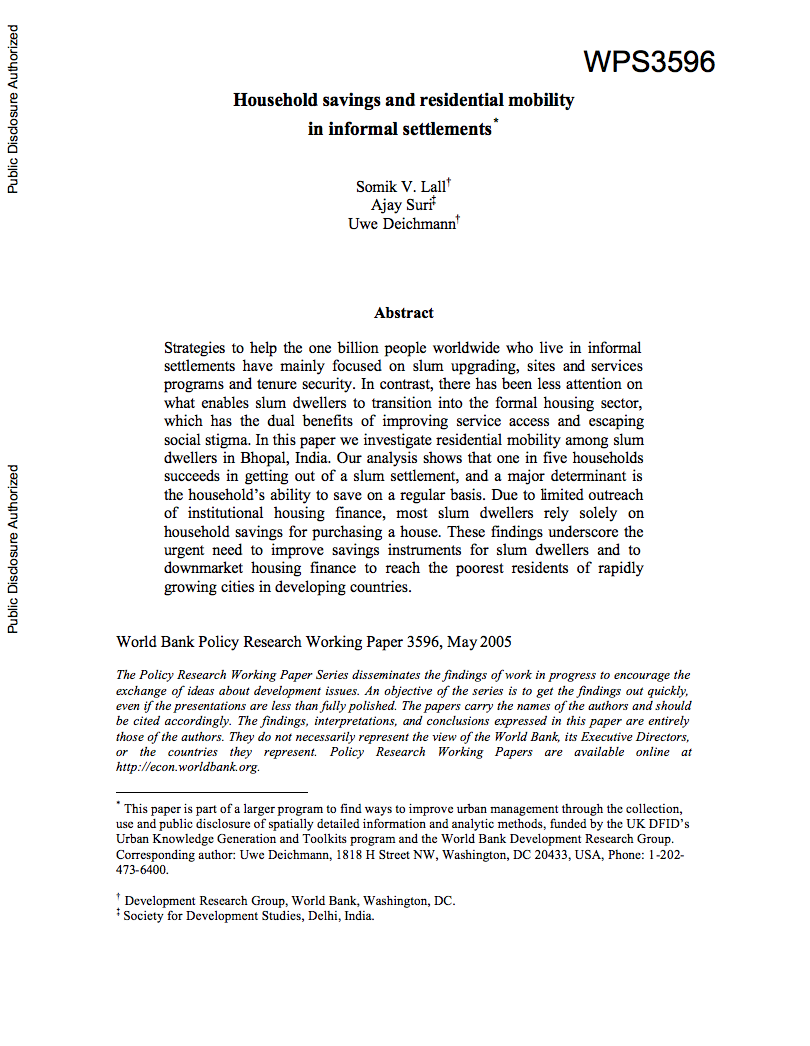Guyana - Investment Climate Assessment : Volume 1. Main Findings and Policy Recommendations
This document presents the main findings
of the Guyana Investment Climate Survey (ICS) conducted
between November 2004 and March 2005. The ICA report
provides an evaluation of different aspects of the
environment of doing business in Guyana. It covers
governance-related obstacles, labor and technology issues,
the financial sector, and infrastructure. The ICA is based
on the results of the World Bank Guyana Investment Climate


